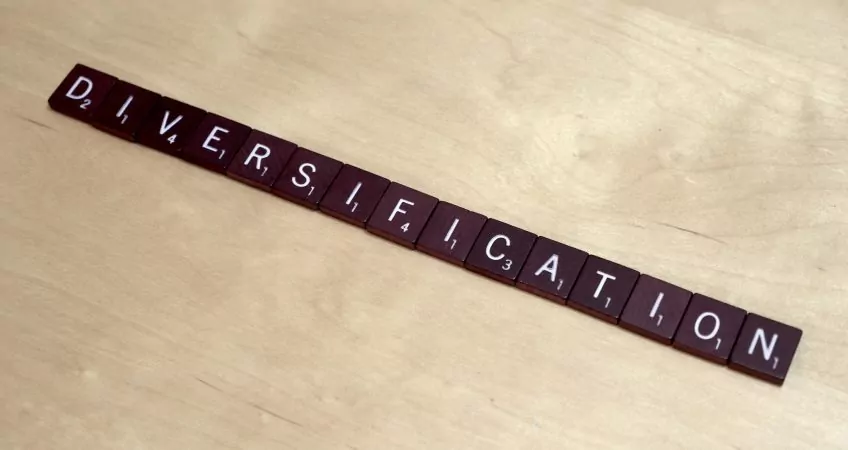
Why Foreign Property Is The Ultimate Vehicle For Portfolio Diversification
Adventure, Yield, Diversification, And Other Reasons To Buy Real Estate Overseas
To the stage in the meeting room of the Riu Hotel this morning, I welcomed the first panel of global property investing experts convened in Panama City for this week’s Global Property Summit. Lief Simon, Lee Harrison, Mike Cobb, and Kent Davis took their places for an hour of discussion centered on the first question of the day:
Why buy property overseas?
Lief: “Diversification. I see real estate as the ultimate vehicle for diversification—across countries, markets, economies, politics, currencies, asset types…”
Lee: “For a better retirement. I’ve made several real estate purchases in different countries now, and in each case I’ve started the search with the question: Where do my wife and I want to be? We buy the place that works best for our lifestyle agenda. In every case, though, we have enjoyed not only use of the property but also good or better investment returns. In Montevideo, Uruguay, for example, we doubled our money on the apartment we bought to live in and then sold three years later…”
Kent: “For the adventure of it. I’m in the business of real estate, and, of course, I want to make money. But the impetus for me to take my property investing business overseas was an interest in broadening my horizons. I’ve been living in Panama City for seven years. I have a family here. My son is growing up as part of two cultures—mine (I’m an American) and my wife’s (she’s Panamanian). He’s learning to speak both English and Spanish. Already I see the opportunities that this lifestyle is going to open up for him…”
Mike: “For the yield. I agree with Lief that the big advantage to investing in real estate in other countries is the chance it provides the investor for true diversification in all ways, including for generating cash flow. When some markets are down, others are up…when some currencies are losing purchasing power, others are gaining…”
How do you identify a market of interest...
I asked our panel next.
Lief: “I look for path-of-progress opportunities and an expanding middle class. Sometimes those two things go hand-in-hand…as they are in Panama right now…and that can create the potential for big upside long term…”
Lee: “Again, I start with where I want to be. For me, global property investing has become a way to fund a lifestyle I never could have afforded otherwise…”
Kent: “Infrastructure improvements. This goes along with Lief’s path-of-progress strategy. Here in Panama City, for example, the new metro just opened. Already, rents for apartments within a block of each new metro stop are rising…”
Mike: “I look for growing tourist traffic. This is a good, fundamental indicator of the potential for short-term rental yield…”
How does investing in real estate outside the United States differ from investing Stateside?
Lief: “No Multiple Listing Service. This has big practical implications and makes the buyer’s job much harder…”
Lee: “You need an attorney. He (or she) becomes the one person you can trust to guide you through the process safely…”
Kent: “Again, I’d have to go with Lief. The single biggest difference for anyone shopping for real estate in any country in the world other than the United States is the lack of an MLS. This has such big practical downsides…”
Mike: “You can’t take anything for granted. When looking at houses in another country, for example, you might walk into a bathroom, see two taps, and assume, without even thinking about it, that the sink is plumbed for hot and cold water. Maybe…but maybe not. Bend down and look under the sink. Often in a country like Nicaragua, Belize, Ecuador, or Panama, you’ll see a single pipe coming from the wall with a Y-splitter sending that same pipe to both taps. In other words, that sink has cold water…and cold water…running from two spigots…”
What are your favorite markets for investment right now...and why
I wondered of our panel members next.
Their responses later in the week…
Kathleen Peddicord
“Lief, thanks for your recent write-up on how to file your tax return as an American overseas. However, what’s the deal with the June 15 date? Is it really an automatic extension (i.e., a different deadline)?
“Or is there something you need to file by April 15 to get this? I can’t really tell from the IRS site.”
H.K.
If you’re living outside the States, it is automatic.
However, note that you can’t file Form 4868 after April 15. Also note that payment of any tax owed is still required by April 15, so, regardless, you have to estimate your tax liability.



